Remember, at around 6:30 p.m. on October 26, in Thanh Tri district ( Hanoi ), a particularly serious fire broke out, killing three people and injuring one. According to authorities, the fire broke out at a scrap collection facility located in a residential area.
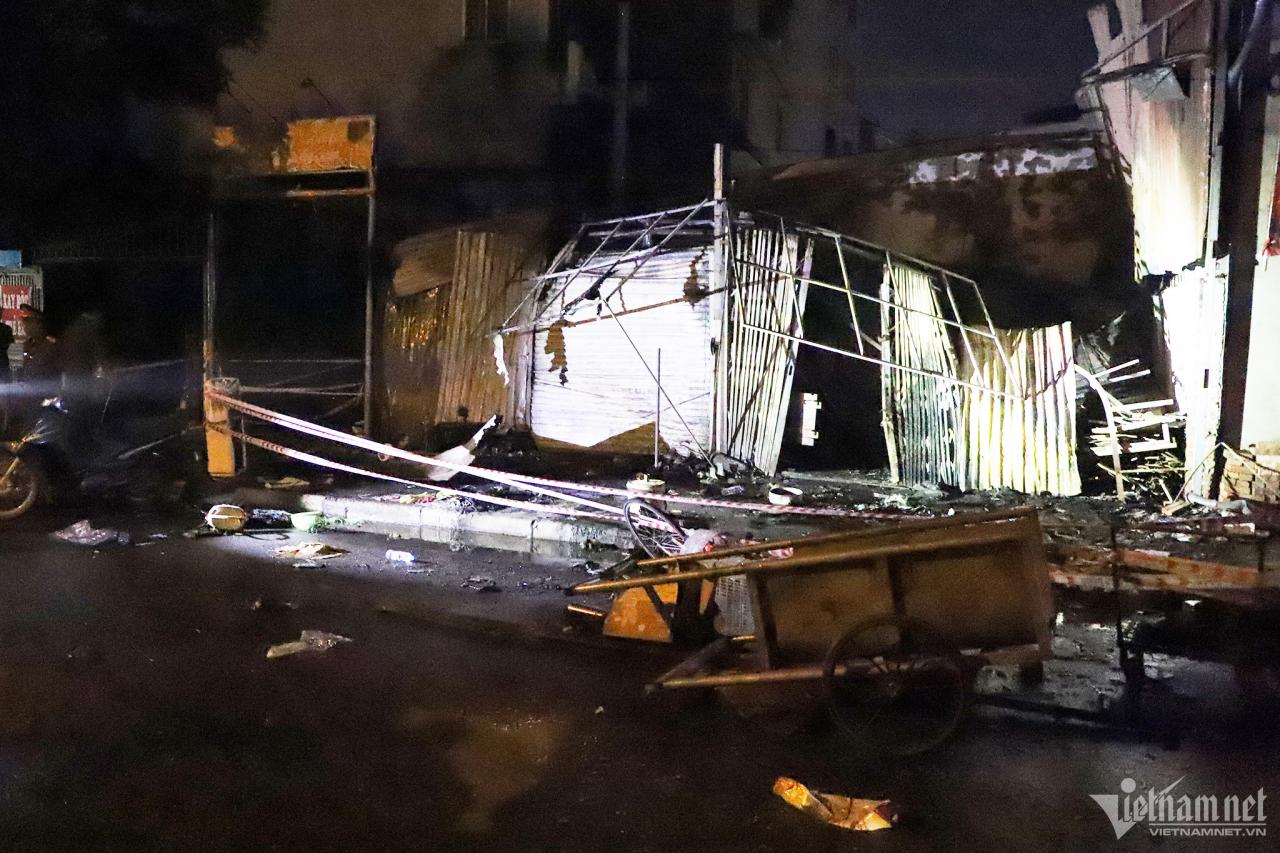
The cause of the fire was determined to be the owner of the facility using a specialized press to press scrap. During the pressing process, the press pressed a hairspray can, causing a large explosion, fire and fire spreading outside.
Earlier, on the morning of July 13, in Nam Tu Liem district (Hanoi), a fire broke out at a scrap yard. Although the incident did not cause any casualties, it burned down 4 cars and motorbikes parked nearby.
These are just two of many fires that have occurred at scrap yards. This has sounded the alarm about the lack of fire safety at scrap collection facilities, especially those located in residential areas.
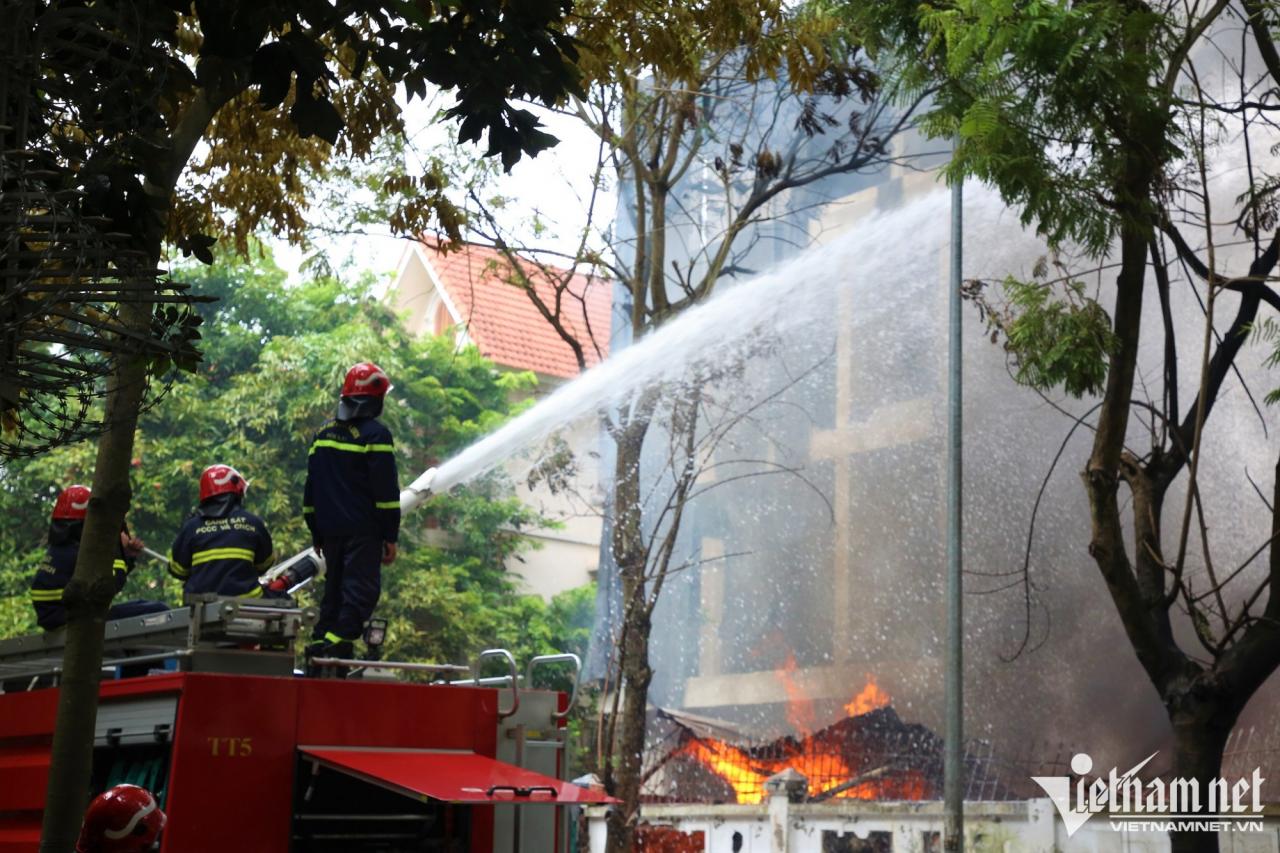
According to Mr. Bui Xuan Thai, an expert from the Vietnam Fire Prevention and Rescue Association, scrap collection facilities are often not guaranteed in terms of fire safety. Some facilities also use some homemade machinery and equipment that are not guaranteed, and the collection and recycling process does not classify and carefully check the materials, which can easily lead to fire and explosion.
Citing the fire in Thanh Tri district, Mr. Thai explained that gas cylinders in general, and hair spray cylinders in particular, are designed according to the principle of compressed air cylinders. Therefore, when using hydraulic machines to roll or press these cylinders, they are very likely to explode.
“When a cylinder explodes, if it encounters an electric spark, it will cause a fire. In the fire that occurred in Thanh Tri district, the owner of the scrap purchasing facility may have pressed many cylinders at the same time. During the pressing process, the cylinders may have collided with each other, creating electric sparks and causing a fire,” said Mr. Thai.
There are no regulations for handling gas cylinders when they expire.
Mr. Bui Xuan Thai said that currently, our country has no regulations requiring manufacturers and businesses to handle expired compressed gas cylinders. In fact, the handling of these products is up to the facilities to negotiate with the purchasing unit.
“The fire in Thanh Tri has left us with a profound lesson in waste disposal. Before disposing of these types of gas cylinders, facility owners need to check them carefully and release all the gas in the cylinders before pressing them,” Mr. Thai advised.
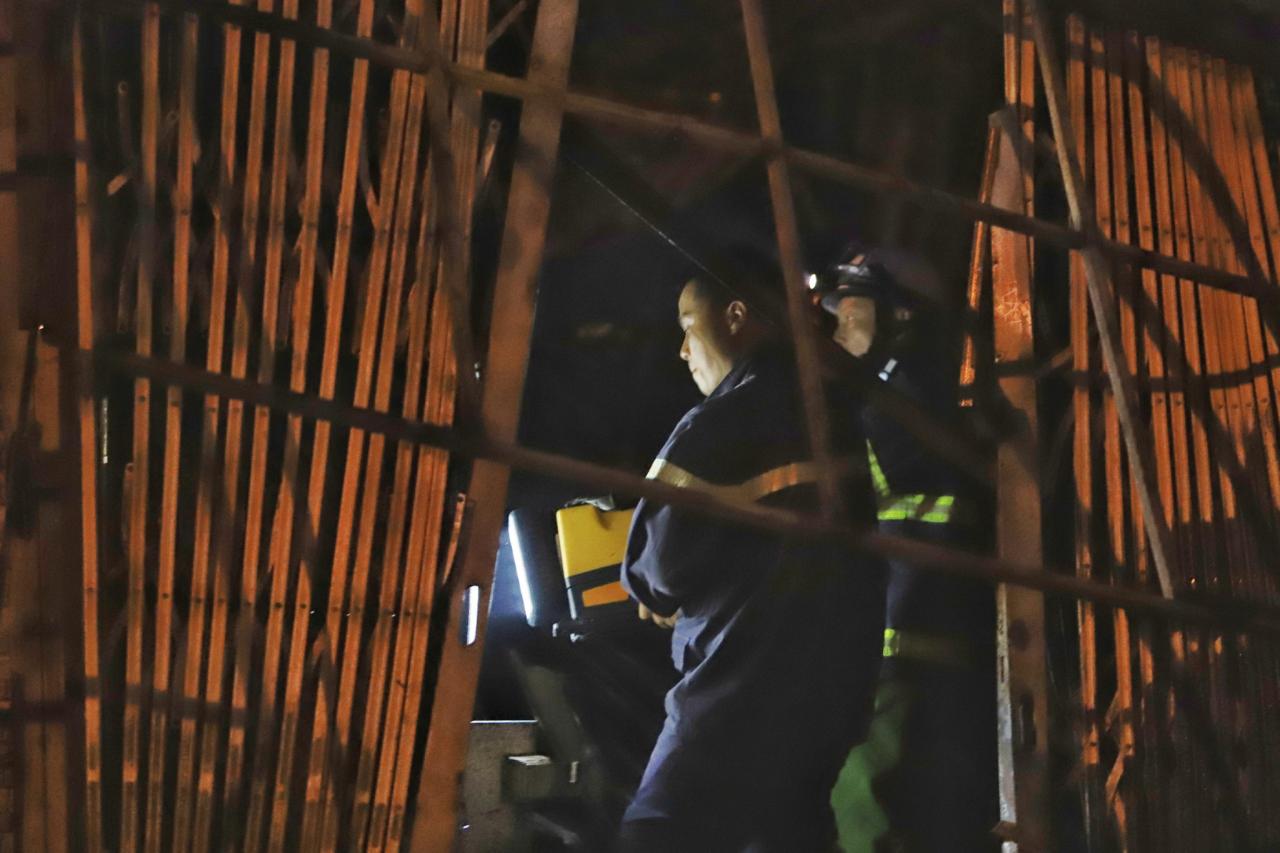
Mr. Thai said that when manufacturing facilities of compressed gas cylinders liquidate products, they also need to take measures to warn purchasing units.
In addition, the expert of the Vietnam Fire Prevention and Fighting and Rescue Association also recommended that scrap purchasing facilities need to be fully equipped with fire prevention and fighting equipment and design additional escape routes in case of fire or explosion.
Source



![[Photo] General Secretary To Lam attends the 80th Anniversary of the Cultural Sector's Traditional Day](https://vstatic.vietnam.vn/vietnam/resource/IMAGE/2025/8/23/7a88e6b58502490aa153adf8f0eec2b2)





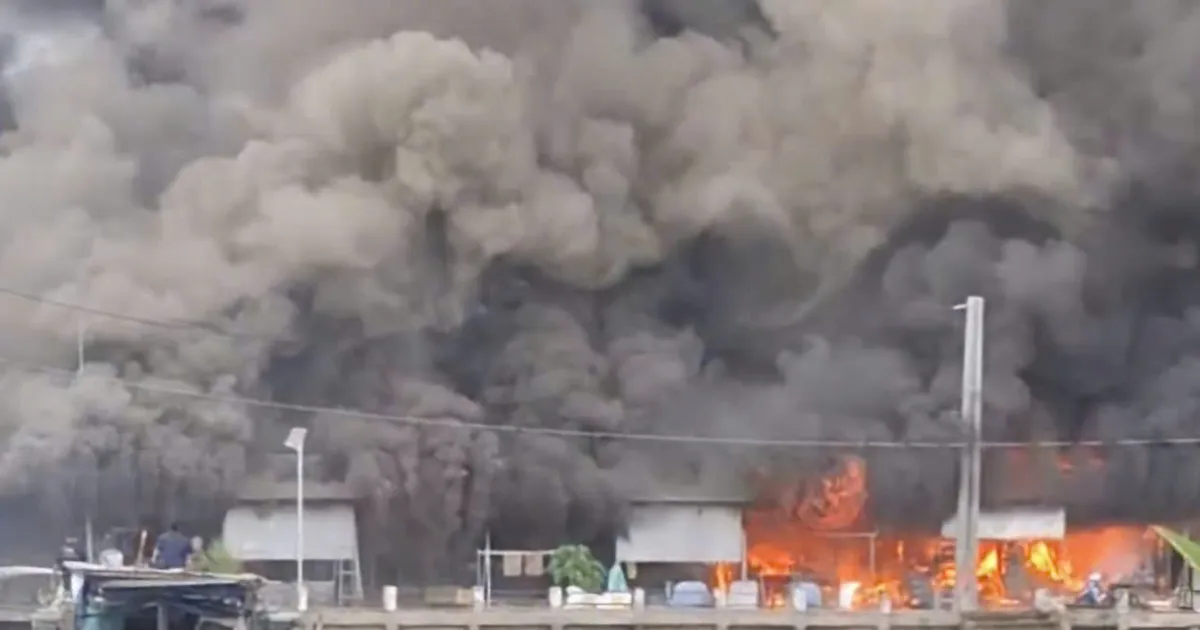

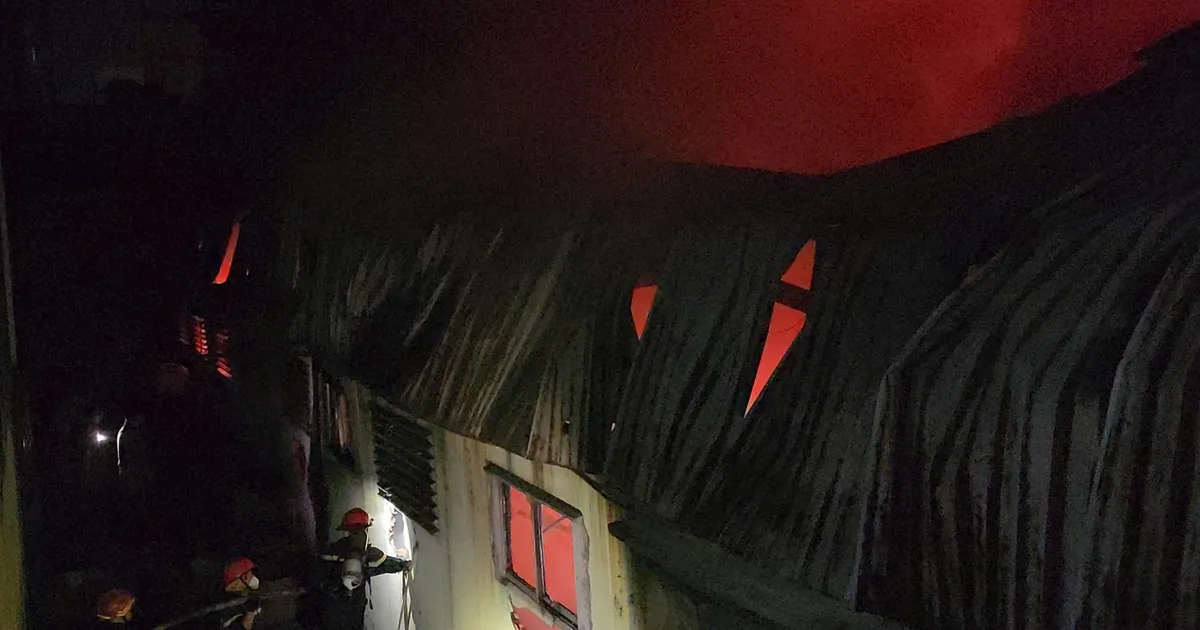
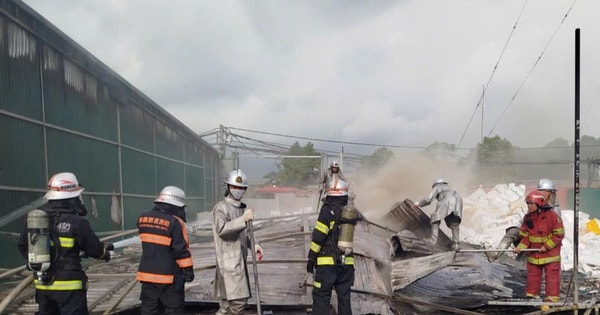

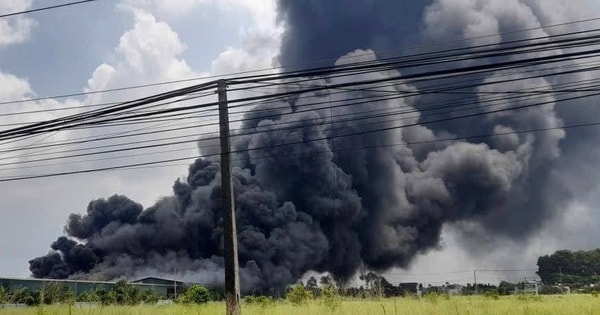
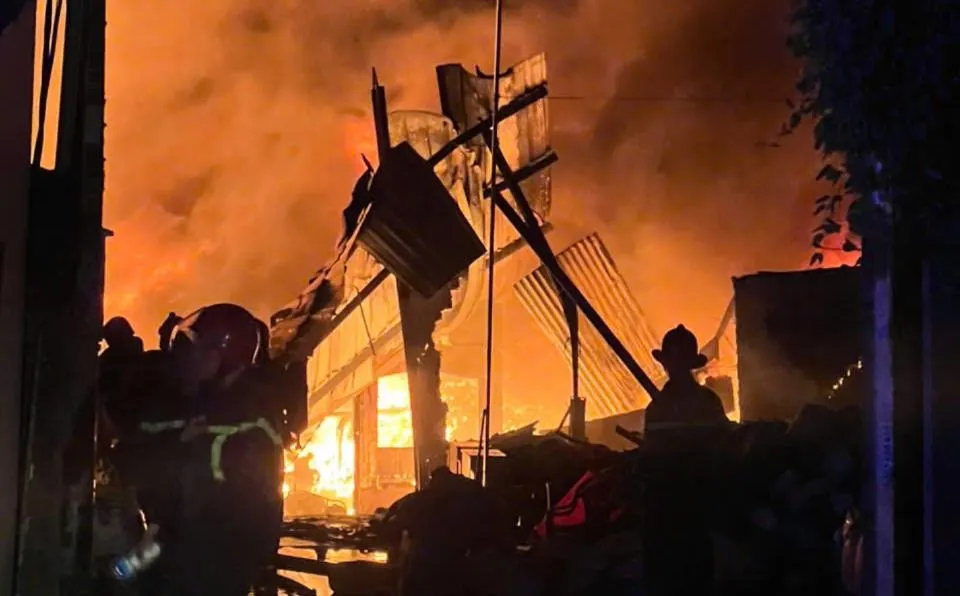
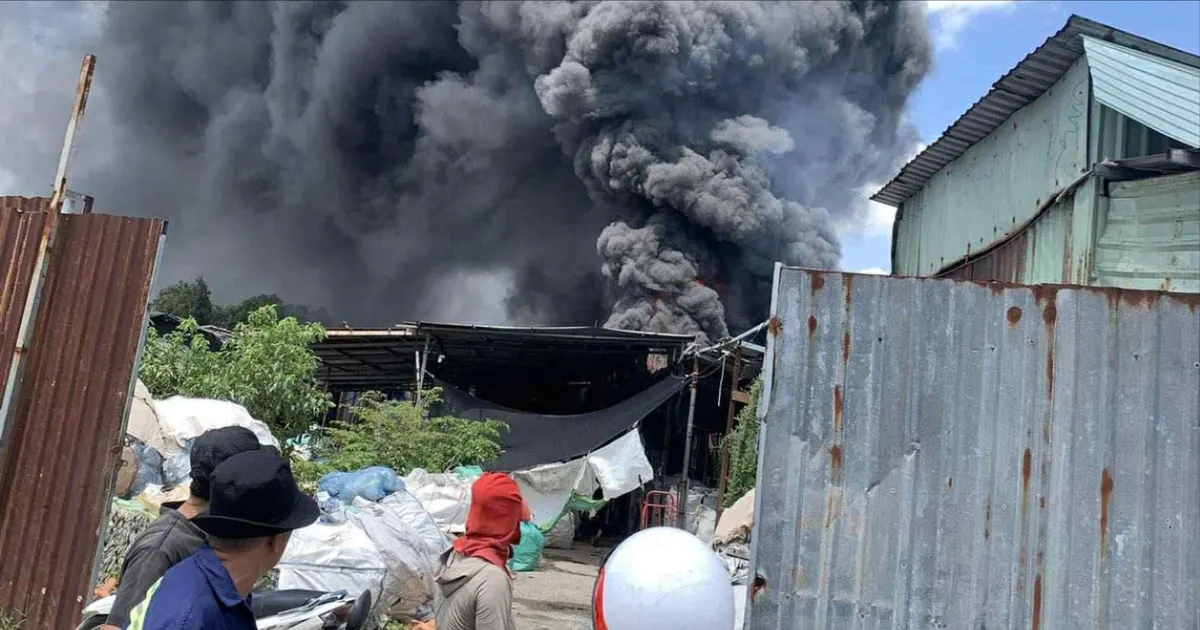



























































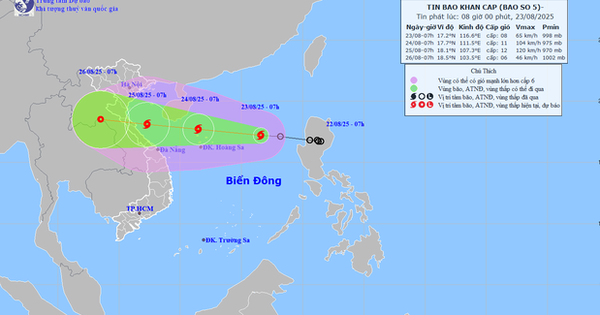




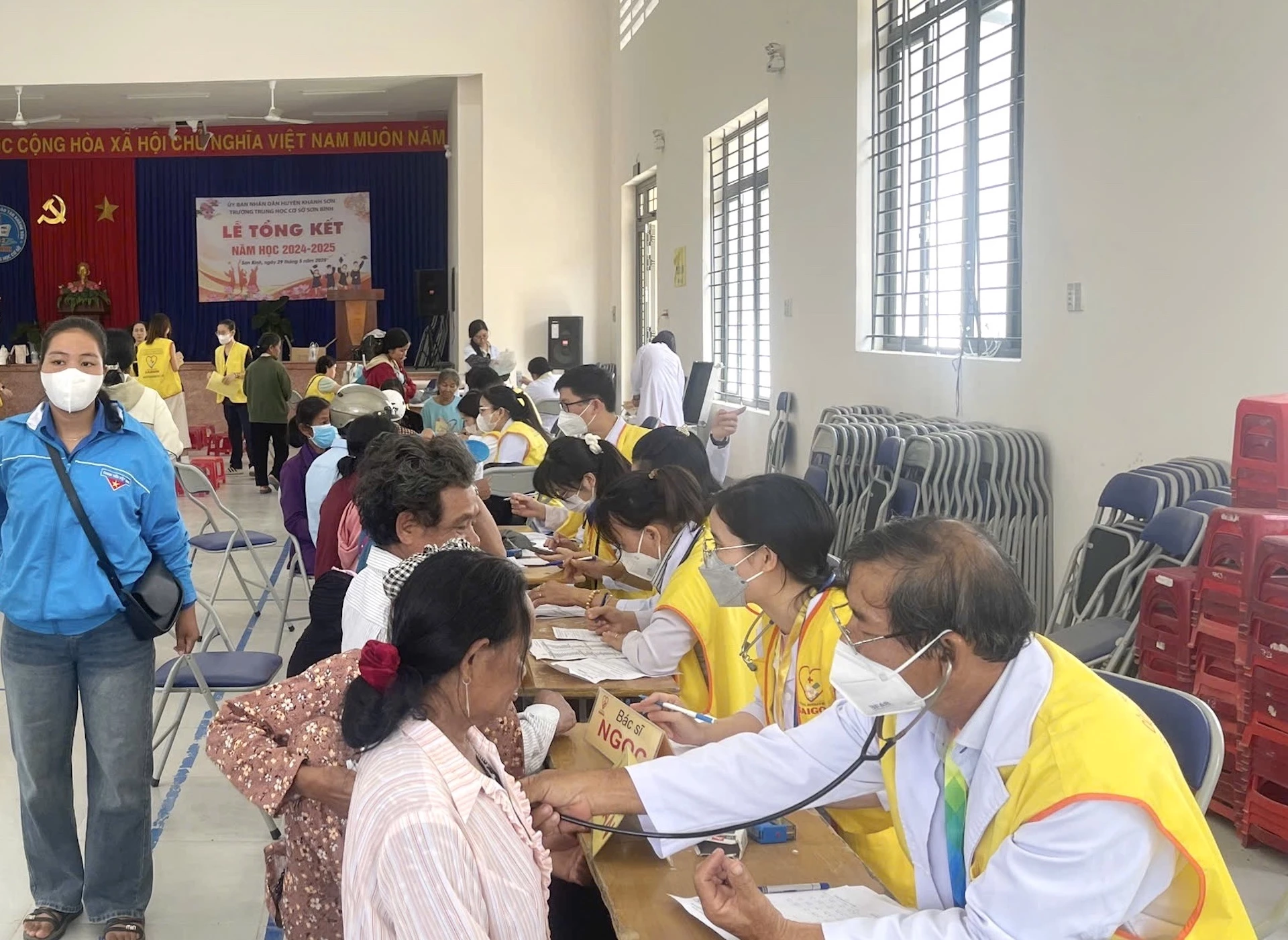





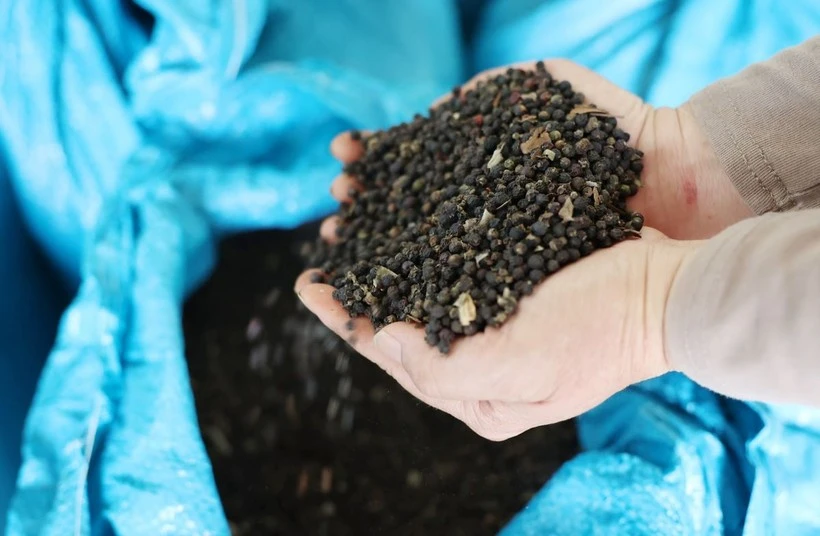









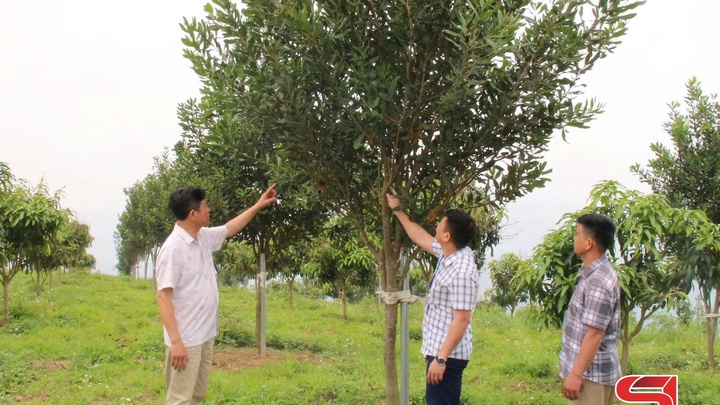






Comment (0)